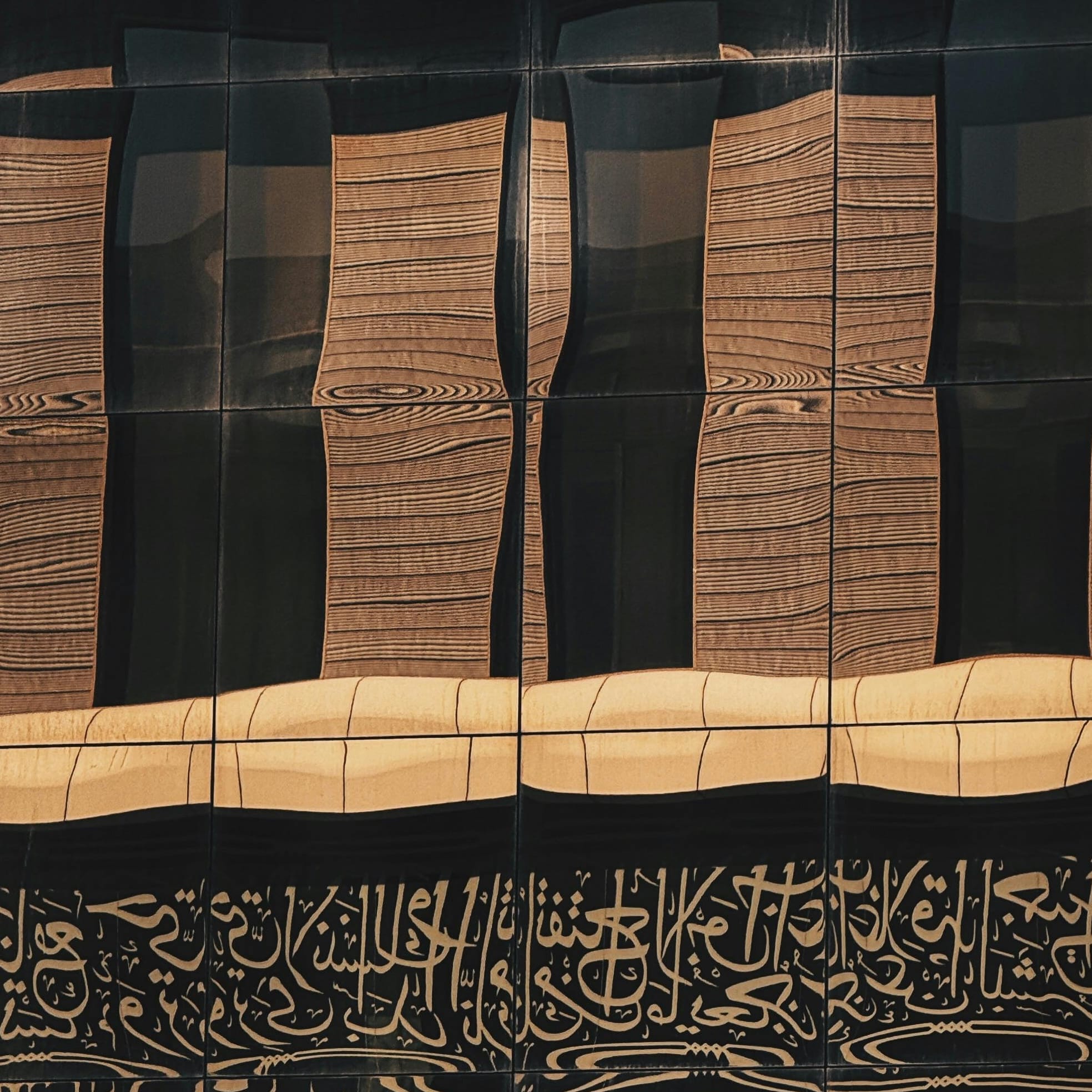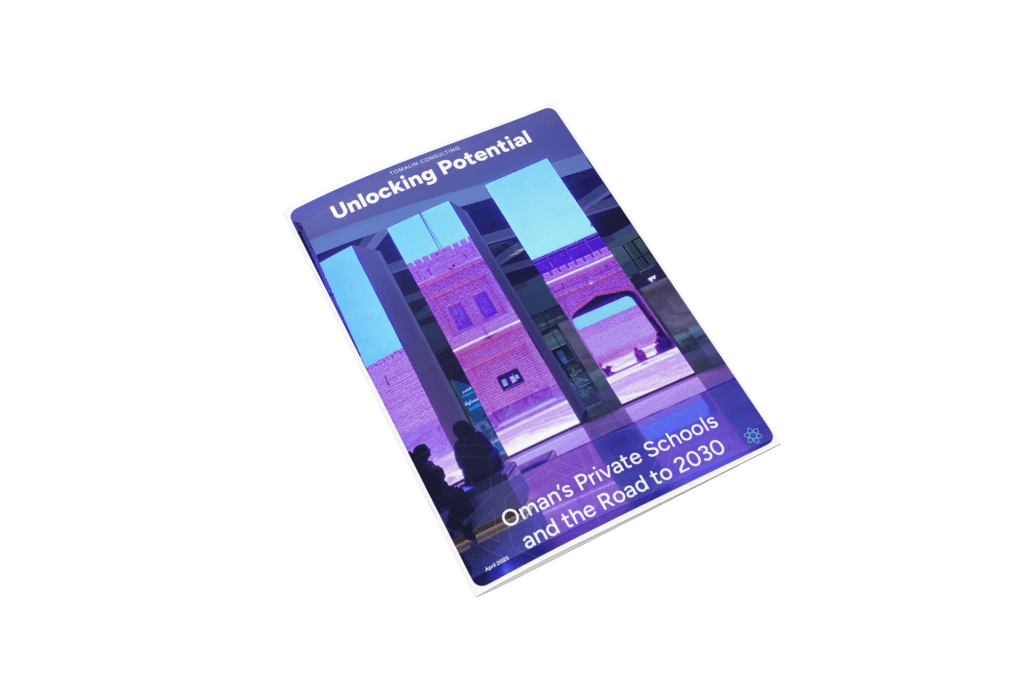
Jeddah is a city that understands how to hold opposites in harmony. It is, after all, the historic gateway to Makkah and Madinah and also one of Saudi Arabia’s most cosmopolitan cities. Its coastline hosts both the Kingdom’s most established schools and some of its most forward-thinking educational experiments. But for all its history, Jeddah’s private school sector is undergoing a quiet shift—one that demands fresh thinking from school leaders and boards.
For decades, Jeddah’s private education market has been defined by legacy. Longstanding institutions like Dar Al-Fikr, JPGS, and Al Wadi International School have built trust across generations. International families and elite Saudi households have gravitated toward them, expecting a combination of global standards and cultural sensitivity. That trust, however, is no longer enough. The new wave of Jeddah parents is looking for something more—and something different.
A Competitive Landscape with Cultural Nuance
In sheer numbers, Jeddah’s private school sector is healthy. It accounts for approximately 18% of all private school enrolments in Saudi Arabia, and this is expected to rise significantly by 2030. The Ministry of Education’s recent push to elevate quality across private schools, including in Tier 2 cities like Jeddah, is driving both local and foreign operators to expand or rebrand.
But Jeddah is not just another city. It is defined by a deeply embedded cultural rhythm. Families are proud of their Hijazi heritage. Their educational expectations are high—but also localised. There is real demand for bilingual schools that respect Arabic, Islamic values, and local identity while also pushing forward with international standards.
This creates a challenge for schools built on foreign brand equity alone. Simply offering a British or American curriculum no longer guarantees success. Parents want integration, not just importation. They want proof that the school understands their child’s context and future—not just a glossy international brochure.
The Rise of the Middle Market
While premium schools continue to perform well, Jeddah’s most dynamic growth is happening in the mid-tier. Families earning between SAR 15,000–30,000 per month are looking for high-quality education that blends local values with global competencies. They want campuses that are safe, clean, and equipped—but not extravagant. They care about teacher quality, leadership stability, and how well the school communicates with families.
Many of these parents are choosing private education for the first time, stepping away from government schools due to concerns about quality or curriculum alignment. They are often highly engaged, asking detailed questions during admissions, tracking progress closely, and expecting frequent communication. In short, they are not passive consumers—they are educational partners.
This presents a strategic opportunity for schools willing to serve this segment with focus. But it also comes with demands: operating at mid-fee levels means finding efficiencies in staffing, training, and facilities without compromising quality.
Emerging Zones, Expanding Expectations
Jeddah’s growth is also geographical. Northern districts such as Al Salamah, Al Zahraa, and Al Basateen are becoming increasingly popular with middle- and upper-middle-income families. New residential compounds, improved roads, and proximity to business zones mean more families are settling in these areas—but the school supply hasn’t fully kept up.
There is a growing opportunity for schools to establish campuses in these northern corridors, where current capacity is limited, and demand is projected to surge. But success will depend on more than location. Schools must demonstrate how they are different—and why that difference matters to the families they serve.
It’s no longer enough to be “good.” In a city like Jeddah, where families talk, compare, and research carefully, schools must craft clear narratives. Are you the academic powerhouse? The bilingual bridge-builder? The school with unmatched pastoral care? Clarity breeds loyalty.
Curriculum Isn’t Just Content—It’s Cultural Strategy
Jeddah’s schools face an added layer of complexity in their curriculum choices. Unlike Riyadh, where expatriate-heavy areas dominate some districts, Jeddah’s population is more blended. This means that curriculum is both a functional decision and a symbolic one.
Schools offering British and American programs must show how these curricula integrate—not compete with—Islamic values, Arabic language instruction, and national identity. Parents are not asking for a Western experience. They are asking for a global education that honours who their children are.
There is also a growing interest in IB and alternative programs—especially among families with exposure to international universities or those returning from time abroad. The demand here is not just for academic rigor, but for an education that teaches critical thinking, ethics, and adaptability. In Jeddah, pedagogy matters as much as content.
Leadership, Trust, and Reputation
In many ways, Jeddah is a “trust-first” education market. Families rely on personal networks, alumni outcomes, and community presence to evaluate schools. Reputation takes years to build and minutes to lose.
That’s why school leadership is so crucial. The schools that are thriving in Jeddah today are not necessarily the most well-funded—they are the ones with strong, visible, responsive leadership teams. Leaders who communicate clearly, who invest in teachers, and who understand the pulse of their parent communities.
It’s also why professional development matters. Schools in Jeddah that fail to invest in their staff—academically and culturally—risk falling behind. Teacher quality is the frontline of trust-building. And in a city that blends expectation with tradition, training staff to navigate both is essential.
Looking Forward
Jeddah’s private education market is not resting on legacy. It is evolving—and so must the schools within it. Whether expanding into new neighborhoods, launching bilingual streams, or rethinking curriculum delivery, the schools that succeed will be those that understand the balance: between heritage and ambition, tradition and innovation.
The Kingdom’s broader education reforms will shape this city. But in Jeddah, success will not come from policy alone. It will come from schools that listen, adapt, and lead with authenticity.
For those ready to engage with nuance—not just numbers—Jeddah offers one of the most rewarding education markets in the Gulf.
Now download the full report…

6.3 MB PDF Download.
